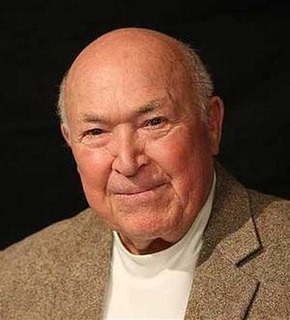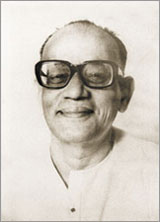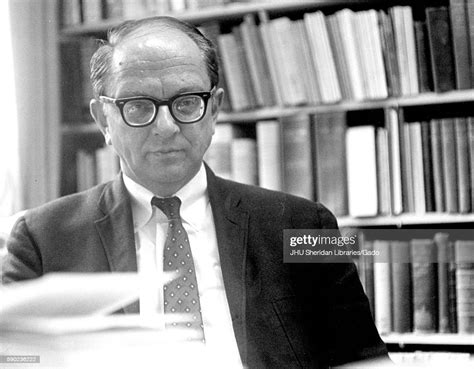A Quote by Orison Swett Marden
Circumstances have rarely favored great men. A lowly beginning is no bar to a great career. The boy who works his way through college may have a hard time of it, but he will learn how to work his way in life, and will usually take higher rank in school and in after life than his classmate who is the son of a millionaire.
Related Quotes
He is not famous. It may be that he never will be. It may be that when his life at last comes to an end he will leave no more trace of his sojourn on earth than a stone thrown into a river leaves on the surface of the water. But it may be that the way of life that he has chosen for himself and the peculiar strength and sweetness of his character may have an ever-growing influence over his fellow men so that, long after his death perhaps, it may be realized that there lived in this age a very remarkable creature.
Man's birth is a lottery; it may be in the pleasant home of ease and affluence, or in the hut of poverty; in either case it may be a stain or an honor. If he is born in poverty, and his future life throws a lustre over an humble birth, the reward will not only be great, but his name will stand higher on the roll of honor and virtue, than he who can only boast of his proud descent.
If through faith you have placed your eternal destiny in the loving hands of Jesus Christ, you can be sure that God is at work, shaping the events and circumstances of your life into a beautiful mosaic that will reveal His Son to the men and women around you. His hand is on you, as it has been since before you were born.
As we go through life, even through very rough waters, a father's instinctive impulse to cling tightly to his wife or to his children may not be the best way to accomplish his objective. Instead, if he will lovingly cling to the Savior and the iron rod of the gospel, his family will want to cling to him and to the Savior.
The way in which a man accepts his fate and all the suffering it entails, the way in which he takes up his cross, gives him ample opportunity — even under the most difficult circumstances — to add a deeper meaning to his life. It may remain brave, dignified and unselfish. Or in the bitter fight for self preservation he may forget his human dignity and become no more than an animal
When the father dies, he writes, the son becomes his own father and his own son. He looks at is son and sees himself in the face of the boy. He imagines what the boy sees when he looks at him and finds himself becoming his own father. Inexplicably, he is moved by this. It is not just the sight of the boy that moves him, not even the thought of standing inside his father, but what he sees in the boy of his own vanished past. It is a nostalgia for his own life that he feels, perhaps, a memory of his own boyhood as a son to his father.
The great liability of the engineer compared to men of other professions is that his works are out in the open where all can see them. His acts, step by step, are in hard substance. He cannot bury his mistakes in the grave like the doctors. He cannot argue them into thin air or blame the judge like the lawyers. He cannot, like the architects, cover his failures with trees and vines. He cannot, like the politicians, screen his shortcomings by blaming his opponents and hope the people will forget. The engineer simply cannot deny he did it. If his works do not work, he is damned.
Who knows when the end is reached? Death may be the beginning of life. How do I know that love of life is not a delusion after all? How do I know that he who dreads to die is as a child who has lost the way and cannot find his way home? How do I know that the dead repent of having previously clung to life?
His epitaph: This tomb hold Diophantus, Ah, what a marvel! And the tomb tells scientifically the measure of his life. God vouchsafed that he should be a boy for the sixth part of his life; when a twelfth was added, his cheeks acquired a beard; He kindled for him the light of marriage after a seventh, and in the fifth year after his marriage He granted him a son. Alas! late-begotten and miserable child, when he had reached the measure of half his father's life, the chill grave took him. After consoling his grief by this science of numbers for four years, he reached the end of his life.





































